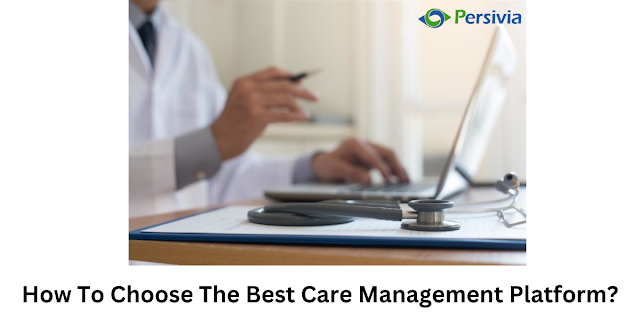Top 5 Must-Know Guidelines For Successful Care Management

Care managers play a vital role in ensuring that patients receive the best possible care tailored to their unique needs. These healthcare professionals wear multiple hats, from being patient advocates to care-team collaborators, care-plan creators, and patient and family educators. They navigate the complexities of a constantly changing healthcare system, where patients receive care from various providers, each specializing in a specific area of treatment. Let’s find out what is care management and what the top six guidelines are for successful care management execution. 1. Patient Advocacy Patients often find themselves lost in the intricate web of the healthcare system, unsure of what details are essential and when and how to share them. Care managers step in as advocates, guiding patients through this complex Care Management journey. For example, they may assist a nonverbal patient in obtaining a power chair for mobility, navigating the process from pa...


